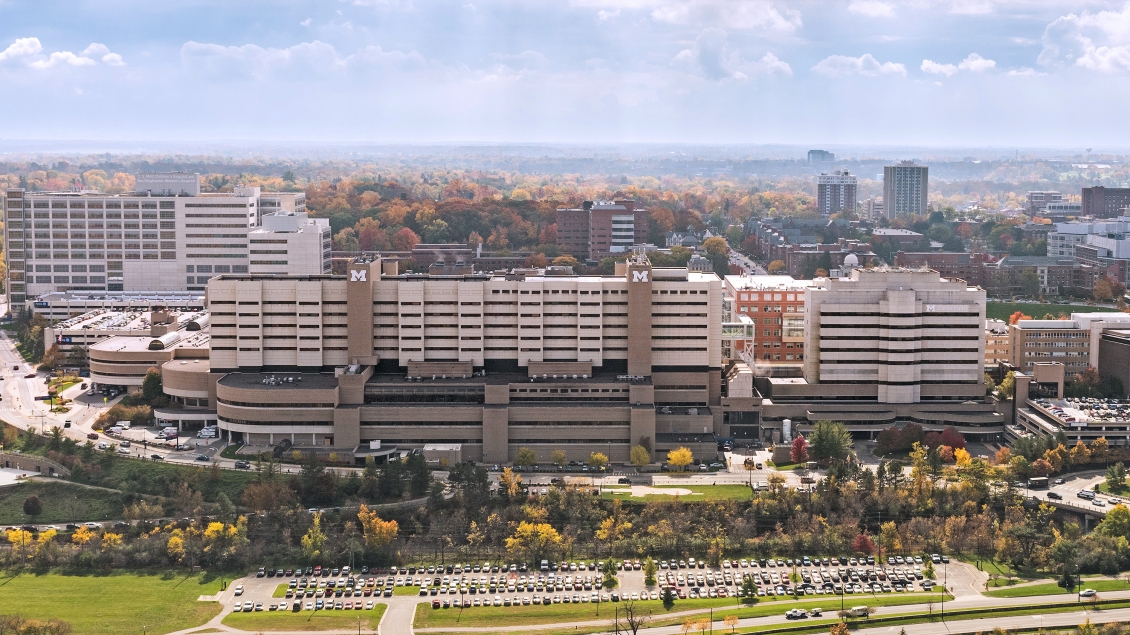
The Urothelial Cancer Network to Investigate Therapeutic Experiences (UNITE) collaboration seeks to better understand the real-world experience of using enfortumab vedotin and other potential targeted agents in the treatment of metastatic urothelial cancer, with a specific focus on their use and efficacy in patients with variant histologies and clinical non-trial contexts.
The evaluation of clinical and genomic characteristics and their impact on clinical outcomes and treatment response is key to generate important hypotheses for future prospective studies.
Urothelial carcinoma (UC) is the fifth most common malignancy in the United States. There are over 70,000 new diagnoses and over 14,000 deaths attributable to UC annually in the United States, and over 130,000 deaths worldwide.
The last five-ten years have seen significant new treatment options being developed including immunotherapy and antibody-drug conjugates (ADC). One recently approved ADC is enfortumab vedotin. The EV-201 trial that led to the FDA approval of EV in this patient population showed an impressive response rate of 44% (including 12% complete response) in a heavily pretreated patient population. This was subsequently confirmed in the EV-301 randomized phase III study. EV is now used widely in this patient population, although other systemic options, such as sacituzumab govitecan, are also coming onboard.
- To establish a retrospective database of patients with locally advanced or metastatic bladder and urinary tract cancers treated with EV and other targeted agents
- To describe the clinical experience and outcomes of using EV, as well as potentially other novel agents, in the treatment of locally advanced or metastatic bladder and urinary tract cancers
- To identify potential prognostic and predictive biomarkers, including clinicopathologic characteristics and genomic markers, in patients with metastatic bladder and urinary tract cancers treated with EV or other targeted agents
Alicia Ali
Clinical Research Project Manager
Department of Internal Medicine
Division of Hematology and Oncology
300 N. Ingalls Building, Rm NI3A13
Ann Arbor MI 48109
- Barts Health NHS Trust (London, England)
- City of Hope (Duarte, CA)
- Cleveland Clinic (Cleveland, OH)
- Dana-Farber Cancer Institute (Boston, MA)
- Duke University (Durham, NC)
- Emory Winship Cancer Institute (Atlanta, GA)
- Johns Hopkins University (Baltimore, MD)
- Mayo Clinic (Rochester, MN)
- MD Anderson Cancer Center (Mansfield, OH)
- Medical College of Wisconsin (Milwaukee, WI)
- Memorial Sloan-Kettering Cancer Center (New York, NY)
- Michigan Medicine (Ann Arbor, MI)
- NYU Langone Health (New York, NY)
- Roswell Park Comprehensive Cancer Center (Buffalo, NY)
- Stanford University (Stanford, CA)
- Tulane University (New Orleans, LA)
- University of Alabama at Birmingham (Birmingham, AL)
- University of California San Diego (San Diego, CA)
- University of California San Francisco (San Diego, CA)
- University of Iowa (Iowa City, IA)
- University of North Carolina at Chapel Hill (Chapel Hill, NC)
- University of Washington (Seattle, WA)
- University of Wisconsin Carbone Cancer Center (Madison Wisconsin)
- Vanderbilt-Ingram Cancer Center (Nashville, TN)
Enfortumab vedotin (EV) is an antibody-drug conjugate targeting Nectin-4, which is FDA approved for patients with treatment-refractory advanced urothelial cancer (aUC). The activity of EV in patient subsets of interest such as those with distinct histological variants has not been well defined.
A retrospective study of 184 patients with advanced urothelial carcinoma who were treated with ≥1 dose of EV as the standard of care (SOC) or on a clinical trial (if trial results already reported) at 12 U.S. institutions was conducted. The study cohort included patients with variant histology component, fibroblast growth factor receptor 3 (FGFR3) alterations, and also those previously excluded from clinical trials such as patients with a glomerular filtration rate <30 and significant baseline comorbidities.
The objective response rate (ORR) was investigator-assessed for patients with at least one post-baseline scan or clear evidence of clinical progression. ORR was compared across subsets of interest using a test of proportion. No significant differences in the ORR were demonstrated for the patient subsets of interest.

See Highlights from the ASCO Conference from UroToday